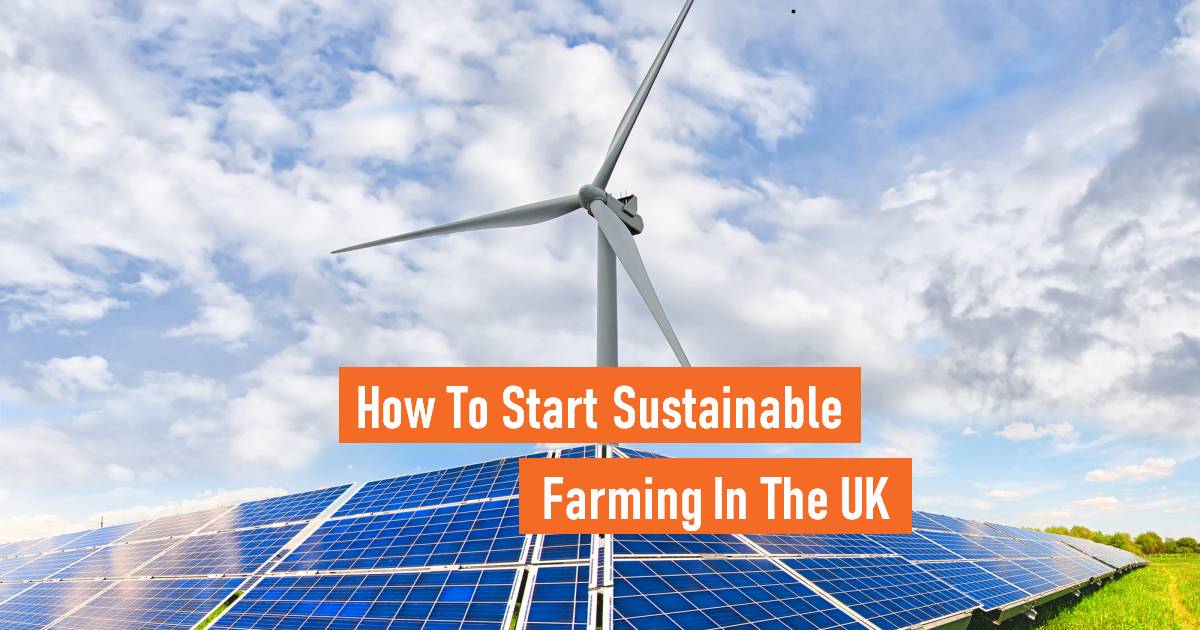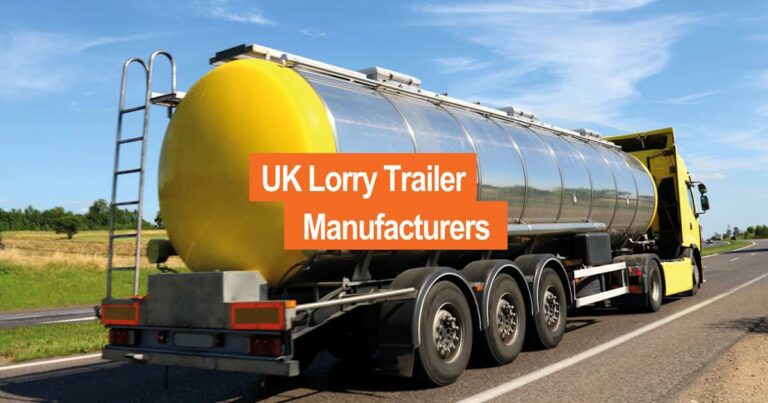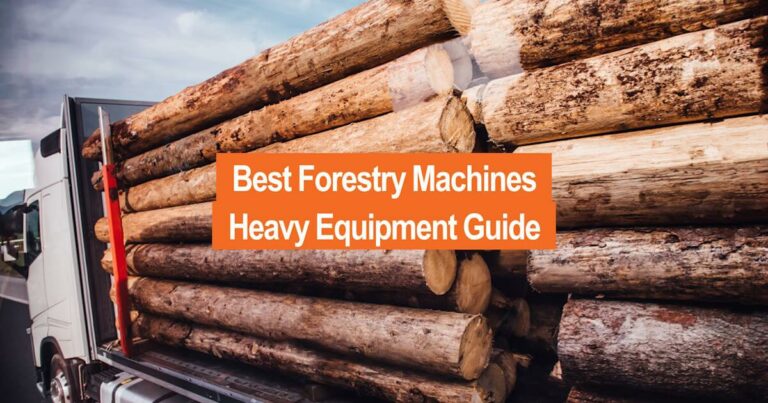As the UK moves towards the end of the transition period out of the European Union, there is a strong focus on new trade deals and what this could mean for UK farmers.
One of the key points up for discussion is how to ensure farmers and growers remain sustainable and environmentally friendly.
At the same time, ongoing discussions regarding climate change are placing more and more pressure on governments and farmers to make changes to their processes and future-proof operations.
Moving forward, farmers will likely see higher demand for environmentally conscious, eco-friendly produce at lower price points. As consumers become more aware of animal welfare, chemical treatments, deforestation and a lack of biodiversity they will expect more from farmers – and are unlikely to be willing to pay more.
We are already seeing how pressure from the public is causing the government to focus its efforts on environmentally-friendly laws and regulations which in turn puts the burden on farmers. Government loans and grants are already becoming dependent on how sustainable a farm is.
Sustainable Farming UK
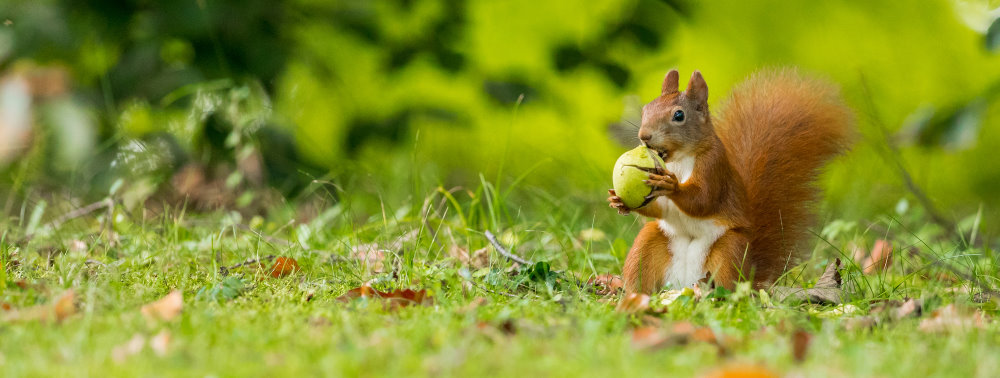
While there are plenty of myths, often perpetuated by the media, about how sustainable or damaging farming actually is, there are also some truths. Commonly discussed topics always revolve around the use of pesticides, the destruction of wildlife habitats, water shortages and animal welfare.
By the year 2030, the global demand for food is expected to rise by around 35%. Consumers will expect farmers to meet this growing demand, while also being mindful of ecological factors such as the use of water (shortages) and the use of harmful chemicals.
That means farmers will be under a lot of pressure.
In the UK, almost 70% of land is already used for agricultural activities which means meeting the growing demand cannot be achieved by simply expanding farmland. Additionally, farmers are often unable to buy additional land because of conservation restrictions, meaning much of the remaining land is protected and cannot be used for sustainable farming.
While protected land does allow sanctuaries for wildlife to live and thrive, it doesn’t allow farmers to claim they are being sustainable.
Instead, farmers must proactively tackle key issues themselves.
Sustainable farming covers a whole range of activities from replacing old vehicles and equipment with new electric ones, to using solar or wind power and switching feed providers for a more local, more eco-friendly brand.
These changes often come with a cost and are now seen as the basic standard at which all UK farmers should meet.
In addition, there are plenty of factors which are out of a farmer’s control but which are still a side-effect of farming.
The UK government estimated that soil erosion and compaction from agriculture costs around £305 million each year. The government is responsible for tackling such issues and is looking to stop these from escalating further by introducing preventative measures (new sustainability laws) to encourage more sustainable farming practices in the UK.
New Sustainability Laws
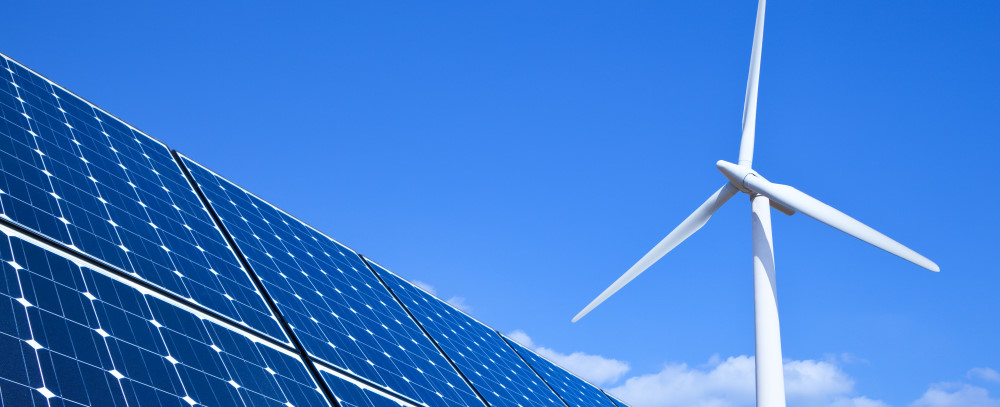
The UK government is now at a critical moment in time, allowing it to rethink and redesign the laws governing UK farmers and food producers.
The end of the EU regulations will mean big changes to what can and cannot be done.
Due to the growing number of requests from consumers for eco-friendly produce, the UK is leaning towards making sustainability a defining condition for farmers in the future.
UK farmers need to be aware of the changes being made by the UK government so they can meet the new demands. For example, the government now aims to have net-zero emissions from agriculture by 2050.
This is a huge target which encompasses activities such as the moving of livestock, harvesting and processing of crops and the milking of cows.
This is just the beginning. From 2021, the UK government will open a scheme which will provide grants for farmers looking to invest in ecological projects.
According to the Government: “Grants will be available for equipment, technology, and small infrastructure investments that will make an immediate difference to farm performance, including investments that help farmers use less inputs, reduce emissions, and cut waste, which will also benefit the environment.”
The message is clear – farmers will receive support provided they act in ways which benefit the environment and start using sustainable farming methods.
The focus on environmentally-friendly organic produce is not new, but public interest is peaking.
The UK saw the most organic farmland use in 2008 when almost 800,000 hectares of farmland was organic. Since 2008, this has declined by almost 35%. There needs to be new regulations and new incentives to encourage farmers to get back to using a higher level of sustainable farming practices.
Making Your Farm Sustainable
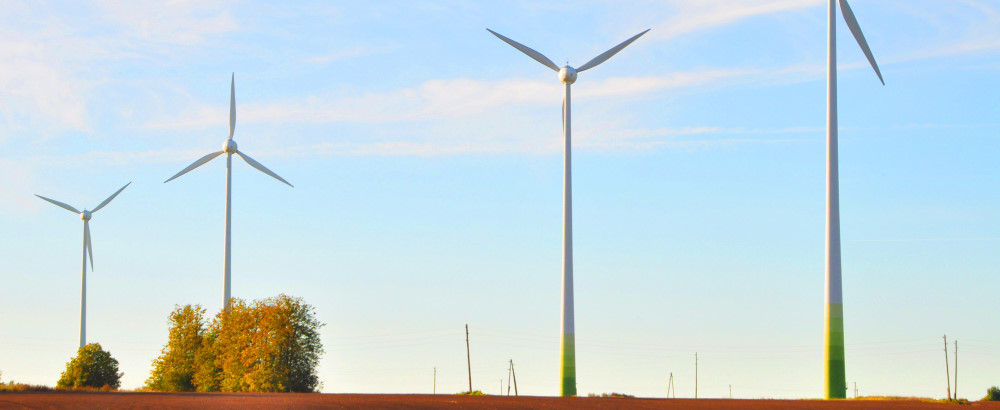
The problem is that although the government has a strong focus on sustainability, there are doubts regarding the level of funding which will be available to support such schemes.
The budget may be too tight to allow farmers to make a real difference without drawing on their own resources.
Specialist agricultural finance brokers, such as Evangate FS, offer flexible affordable options to allow farmers to make long-term investment changes without sacrificing their budgets.
We have access to agricultural specialist lenders who are more understanding, compared to traditional lenders, when it comes to the length of loans and nature of the collateral.
An entire farm cycle can often take 18 months from ploughing to harvesting and processing through to actual profit. Lenders who arrange loans for farmers can take this timescale into account when it comes to repayment schedules – allowing you to invest now for future profit gain.
With renewed interest in organic and sustainable farming which is backed by government schemes and grants, UK farmers should be looking at how to prepare for the future.
Changes to equipment, technology and investment and streamlining processes will not only provide long-term financial benefits but will also provide farmers with access to government-funded schemes.
New low-emission electric machinery may be considered expensive to purchase, but it pays for itself over time with lower running costs.
Investing in solar panels or wind turbines, as well as, using more ecological herbicides can be costly. However, thanks to a range of affordable and flexible lending options, UK farmers can start to address major environmental concerns while maintaining a commercially-viable and sustainable farm.
Access New Financial Funding
If you want to see how you can become more eco-friendly and potentially access government grants by becoming more sustainable, speak to Evangate FS today about funding we have available.

